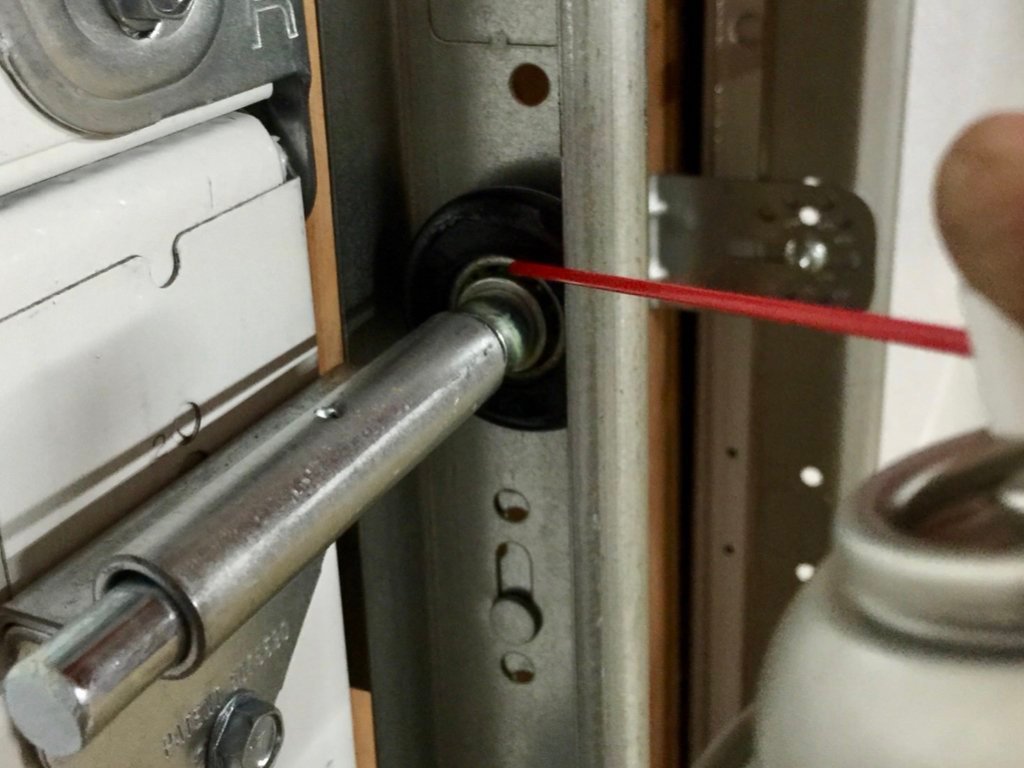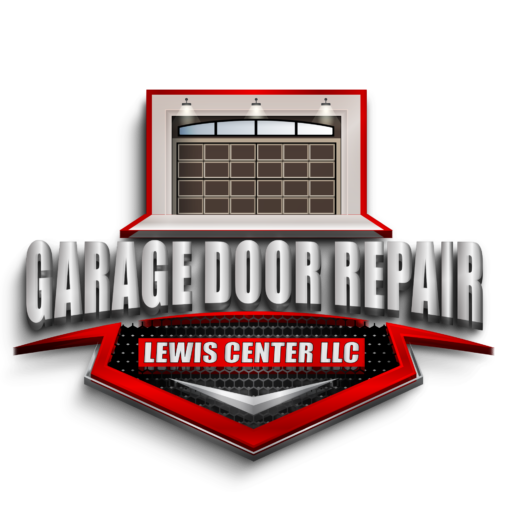- Commercial Garage Door
- Garage Door Opener Installation
- Garage Door Spring Repair
- Same Day Garage Door Repair
- Custom Garage Doors
- Garage Door Opener Repair
- Garage Door Track Repair
- Garage Door Cable Repair
- Garage Door Panel Repair
- Local Garage Door Repair
- Garage Door Replacement
- Noisy Garage Door Fix
- Garage Door Installation
- Garage Door Section Replacement
- Overhead Garage Door Repair

Common Causes of Noisy Garage Door fix and How to Diagnose Them
Are you tired of your garage door making creaks, clunks, and groans every time you open or close it? A noisy garage door fix isn’t just an annoyance; it can be a sign of underlying issues that may require attention. This blog will walk you through the common causes of a noisy garage door and how to diagnose the problem effectively. Let’s help you bring back the peace and quiet!
Why Is My Garage Door Making Noise?
Before jumping into fixes, it’s important to understand what may be causing the noise. Whether it’s a minor squeak or a loud grinding sound, each noise corresponds to specific issues.
Hinge or Roller Problems
Your garage door hinges and rollers are crucial components that allow the door to open and close smoothly. However, over time they can wear down, causing rattling or grinding sounds. Metal rollers without proper lubrication are especially notorious for creating noise during operation.
Loose Hardware
A garage door is made up of numerous bolts, nuts, and screws. Vibrations from daily use can gradually cause these to loosen. When that happens, parts can rattle or clank as the door moves.
Worn-Out Springs
Springs do the heavy lifting for garage doors. Over years of use, they can become worn, stretched, or damaged, which often leads to loud popping or snapping noises. Hearing such sounds? It’s time to have your springs checked.
Misaligned Tracks
The metal tracks along which your garage door moves must be properly aligned. If they’ve shifted, you may hear squealing or grinding as the door struggles to move freely. Misalignment can put additional strain on your system, so it’s important to address this quickly.
How to Diagnose Your Noisy Garage Door fix
Now that you know the common causes, it’s time to pinpoint what’s making the racket. Here’s how to start the process.
Step 1: Listen to the Noise
Different sounds indicate different issues:
- Rattling? Check for loose hardware or worn hinges.
- Grinding or squealing? Lubrication might be the quick fix your rollers and tracks need.
- Loud popping? The springs may be the culprits.
Step 2: Check the Rollers and Hinges
Examine the rollers and hinges for visible wear or rust. If these components look damaged, they might need to be replaced. Switching to nylon rollers instead of metal ones can significantly reduce noise.
Step 3: Tighten the Hardware
With a wrench, go over the bolts and nuts securing the door’s tracks and other parts. Be careful not to overtighten, which could cause its own set of problems.
Step 4: Inspect the Springs
If you suspect the springs are making noise, proceed with caution. Garage door springs are under high tension and can be dangerous to handle on your own. A professional inspection is usually the safest option.
Step 5: Examine the Tracks
Use a level to ensure the tracks are straight. If they’re misaligned, this is something a professional can easily adjust for you.
Keep Your Garage Door Quiet and Functional
A noisy garage door doesn’t have to ruin your day. Start by identifying whether the issue is with the hinges, rollers, springs, or tracks, then decide whether to DIY or consult an expert. If you’re still in need of a reliable solution, Garage Door Repair Lewis Center is here to help. From inspections to repairs, their team has the expertise to tackle even the toughest garage door woes.
Say goodbye to that noisy garage door and hello to smooth, quiet operation!
